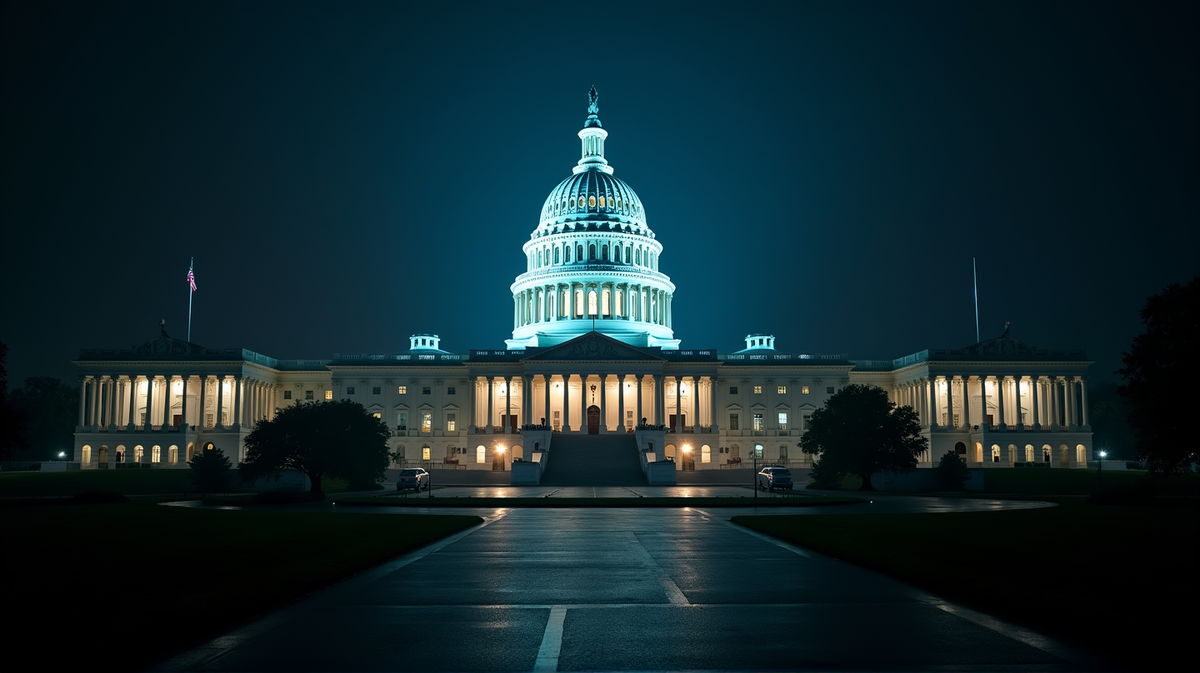Government Stalemate: How Health Care Became the Epicenter of the Shutdown
As the government shutdown persists, the health care debate emerges as both a stumbling block and potential key to resolution.

The Unfolding Drama of Stagnation
To hear party leaders on the seventh day of the government shutdown, the discourse mirrored the stagnation of the first. Democrats, with House Minority Leader Hakeem Jeffries at the helm, declare their readiness to negotiate, juxtaposed with a seemingly immovable stance from Republicans under President Donald Trump’s directives. The main contention? The looming expiration of critical health care subsidies under the Affordable Care Act, or Obamacare.
A Financial Lifeline Under Siege
A key component of the current legislative impasse lies in the health care provisions Democrats are desperately fighting to protect. Millions stand to lose the premium assistance that the COVID-era bolstered, threatening to financially burden households overnight. According to AP News, removing this safety net could trigger dramatic repercussions, potentially pushing premiums to unsustainable heights for constituents nationwide.
Political Chess in Washington
Speaker of the House Mike Johnson’s resolve echoes through the corridors of Capitol Hill. His declaration of party unity might reflect a strengthened GOP stance, yet it simultaneously highlights the polarizing stubbornness that defines this shutdown. Meanwhile, Trump’s public musings about denying back pay for furloughed government workers have only served to fan the flames, skewing focus away from a resolution and towards a brewing humanitarian crisis within his administration’s reach.
Historic Ground Beneath Shaky Floors
The Affordable Care Act stands as one of America’s most polarizing legislative pieces, often occupying center stage in political tug-of-wars. It has survived countless repeal attempts, its endurance attributed largely to its foundational promise—affordable health insurance for millions. Yet, today’s Republican leaders propose a dismantling narrative, eyeing reforms they’ve championed since the act’s inception over fifteen years ago.
The Humans Behind the Standoff
Federal workers, a largely overlooked faction in this game of governance, bear the brunt of the shutdown’s longevity. Their plight is stark as paychecks halt but bills persist, introducing an urgency not felt in Washington. Simultaneously, the White House’s potential refusal to guarantee back pay postures, presenting a tangible issue capable of altering public sentiment towards the stalemate.
Bipartisan Ruminations
Amidst this entrenched deadlock, whispers of bipartisan negotiations surface. Republican Sen. Mike Rounds proffers a temporary subsidy extension, while Democratic voices demand actionable proof of willingness to address their priorities. In the Senate trenches, leaders like Maine’s Susan Collins and Independent Sen. Angus King strive for a channel of compromise as the stakes escalate.
An Industrial Impact with Personal Ties
With Nov. 1st marking the commencement of the ACA open enrollment, some Republican dissenters, facing constituent pressure, brood on the necessity of extending these crucial subsidies. This contemplation is personal for lawmakers like Rep. Marjorie Taylor Greene, whose own family will distinctly feel the ACA’s financial squeeze.
The Road Less Certain
As the narrative of this shutdown unfolds, the intertwining of health care reform and government funding highlights a story far more profound than partisan politics. It reflects the balancing act between ideological conviction and pragmatic governance—a tale America follows closely as both factions inch towards an uncertain resolution.





